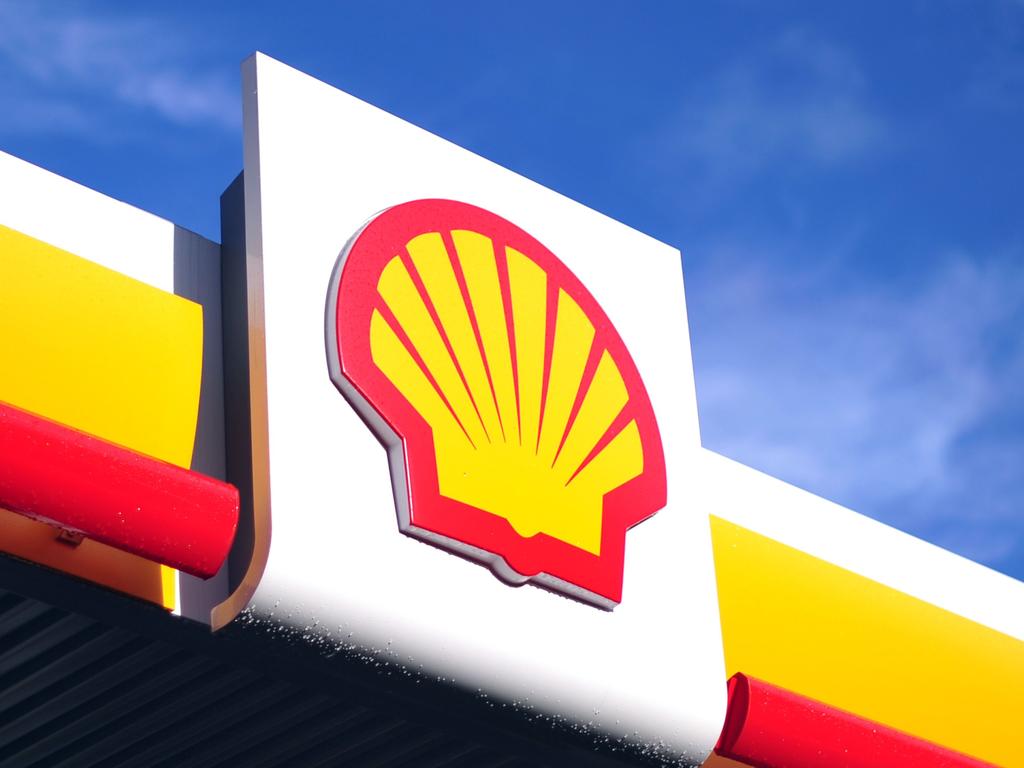ExxonMobil takes $555m hit as Australian profits plunge
ExxonMobil’s Australian net profit plunged to just $69m in 2020 from $1.1bn a year earlier, reflecting the sharp Covid-linked fall in oil and gas prices.

ExxonMobil’s Australian arm suffered a massive fall in annual profit and took a $555m writedown linked to its Altona refinery after a torrid year that whiplashed the nation’s oil and gas industry.
The energy giant, under the pump from investors to accelerate efforts to combat climate change, saw its annual net profit plunge 94 per cent to $69m in 2020 from $1.1bn a year earlier, reflecting the sharp Covid-sparked fall in oil and gas prices as demand sank.
The operator of the Bass Strait oil and gas fields also saw impairments more than double to $555m from the previous year’s $250m, adding to a $25bn writedown hit to Australian energy companies and reflecting the tough climate for its Altona refinery which it shut in February before a $2bn federal government rescue package was in place.
“Altona refinery and our fuel terminals took steps to maintain our operations in the midst of a prolonged reduction in fuel demand and it came at significant cost to our business,” an Exxon spokesman said on Sunday.
“In a very tough year, the $555m impairment includes an impairment charge of $384m to goodwill for the downstream business and $171m for the write-off of refining assets.”
Australia’s biggest international energy investors all took a tumble from low crude prices in 2020. Japan’s Inpex, operator of the $US45bn Ichthys LNG plant in Darwin, earned an Australian profit of just $1.8m in 2020. Energy major Shell fell to a $6bn loss and Chevron crashed to a $2.3bn loss.
Exxon has experienced a tough year, facing a $2bn-plus clean-up crackdown by the national environmental regulator over its ageing Bass Strait oil and gas fields off the coast of Victoria. It recently abandoned efforts to sell the assets.
“Profit after tax decreased mainly due to the further impairment of the Australia downstream cash generating unit, reflecting the continued challenging refining and market environment, combined with the lower demand for and prices of hydrocarbon fuels resulting from the COVID-19 pandemic,” Exxon Australia said in its annual accounts filed with ASIC on Friday.
Revenue fell by $2.5bn or 26 per cent to $9.7bn due to lower oil and gas prices while Exxon, which also owns a stake in Chevron’s Gorgon LNG project in WA, received a $825m equity injection from its US parent company.
Australia’s $200bn LNG spending spree in the last decade has made the country the world’s largest gas exporter. However, most projects have suffered cost blowouts and delays, trimming returns for some of the world’s biggest energy producers and raising doubts over the appetite of majors to bankroll the next wave of oil and gas developments.
The prospects for the industry were also called into question by the International Energy Agency, which caused shockwaves by stating no new oil or gas fields should be opened up if the world is to reach net-zero emissions by 2050.
The report said five million jobs will be lost in the fossil fuels sector globally by 2030, while 14 million jobs will be created in the clean energy sector.
Since the 1960s, Exxon has produced more than 4 billion barrels of oil from Bass Strait, which at its peak was producing 500,000 barrels of oil a day, making it one of the world’s biggest producing regions.
Exxon now produces just one-tenth of the volume of oil it was pumping in the 1980s, while its big legacy gas fields – Marlin, Barracouta and Snapper – are also on their last legs.
Although it remains eastern Australia’s biggest gas player, its share of the market has fallen by about a third in the last few years, sparking a costly hunt for new resources.
The oil major announced in April that its $400m West Barracouta gas field in the Bass Strait had begun delivering first gas, a vital step in topping up depleting gas reserves from the Gippsland Basin venture, which supplies 40 per cent of the east coast domestic market.
It considered backing a potential LNG import plant to meet market demand, but dropped that plan in late 2019, blaming insufficient interest from customers for long-term contracts.
Exxon has been hit with “improvement notices” to immediately address identified corrosion issues on the Tuna and West Tuna facilities.
There is also uncertainty whether Exxon and partner BHP will remain long-term owners of the fields and assets.






To join the conversation, please log in. Don't have an account? Register
Join the conversation, you are commenting as Logout